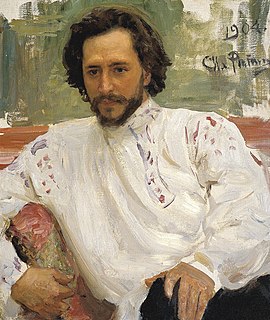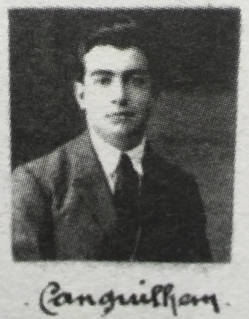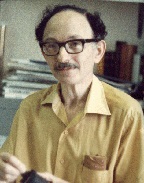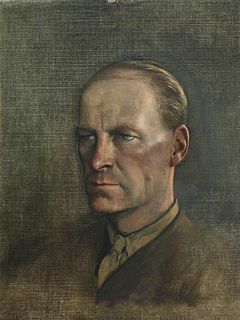A Quote by Henry Ford
Man minus the Machine is a slave; Man plus the Machine is a freeman.
Related Quotes
Man is a machine, but a very peculiar machine. He is a machine which, in right circumstances, and with right treatment, can know that he is a machine, and having fully realized this, he may find the ways to cease to be a machine. First of all, what man must know is that he is not one; he is many. He has not one permanent and unchangeable “I” or Ego. He is always different. One moment he is one, another moment he is another, the third moment he is a third, and so on, almost without end.
Man is a machine which reacts blindly to external forces and, this being so, he has no will, and very little control of himself, if any at all. What we have to study, therefore, is not psychology-for that applies only to a developed man-but mechanics. Man is not only a machine but a machine which works very much below the standard it would be capable of maintaining if it were working properly.
In truth, one cannot, it seems, oppose mechanism and finalism, one cannot oppose mechanism and anthropomorphism, for if the functioning of a machine is explained by relations of pure causality, the construction of a machine can be understood neither without purpose nor without man. A machine is made by man and for man, with a view toward certain ends to be obtained, in the form of effects to be produced.
Let an ultraintelligent machine be defined as a machine that can far surpass all the intellectual activities of any man however clever. Since the design of machines is one of these intellectual activities, an ultraintelligent machine could design even better machines; there would then unquestionably be an 'intelligence explosion,' and the intelligence of man would be left far behind. Thus the first ultraintelligent machine is the last invention that man need ever make.
In a sense, every tool is a machine--the hammer, the ax, and the chisel. And every machine is a tool. The real distinction is between one man using a tool with his hands and producing an object that shows at every stage the direction of his will and the impression of his personality; and a machine which is producing, without the intervention of a particular man, objects of a uniformity and precision that show no individual variation and have no personal charm. The problem is to decide whether the objects of machine production can possess the essential qualities of art.
Remember that the machine is there to help you, because at the end of the day, you're not playing freestyle chess, advanced chess, human-plus-machine. If you are playing against other humans, it's about winning the game. The machine will not be assisting you, unless you are cheating of course. And since the machine is not there, you have to make sure that everything you learn from the computer will not badly affect the way you play the real game.


































